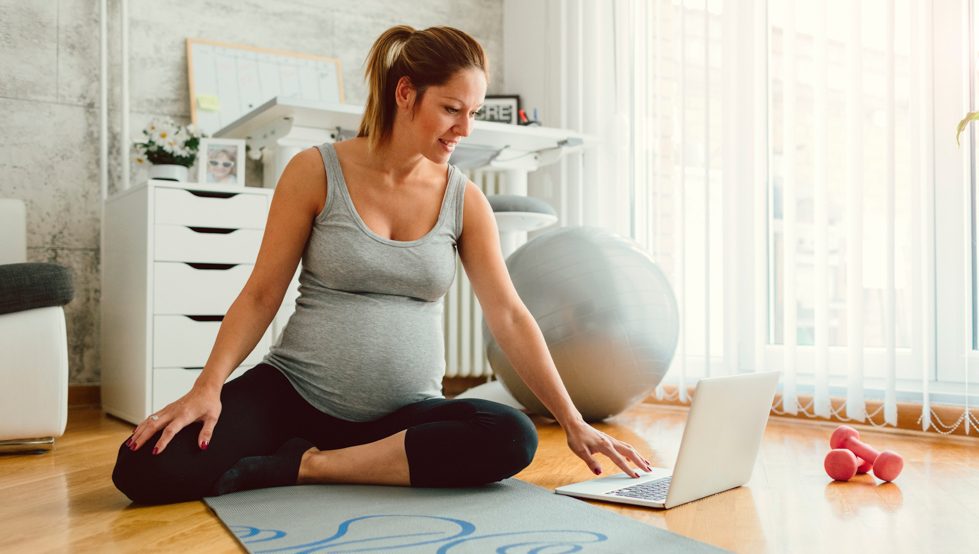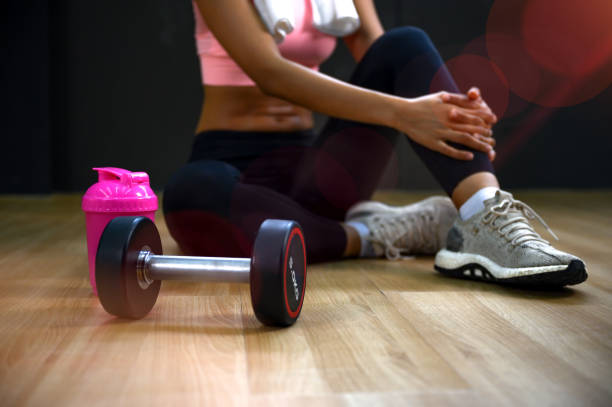Description
Even if you’ve never done fitness, now is the time to start!
Scientists and doctors agree that pregnancy is not a reason to stop exercising. It is worthwhile to continue to do your usual physical activity as long as you feel comfortable doing it.
Moreover, women who are inactive before pregnancy are advised to add more movement because exercise provides several benefits at onceExercise in pregnancy, Exercise in Pregnancy:
- Strengthen your muscles, which helps you better cope with the extra weight you’ll gain during pregnancy;
- Improve blood circulation;
- strengthens your joints;
- help manage back pain, which can occur as your belly enlarges;
- have a positive effect on the length and outcome of labor;
- reduce the risk of complications in late pregnancy and childbirth.
How to Know if You Can Exercise for Pregnancy
While healthy women have virtually no contraindications to exercise, there are several conditions in which physical activity can be detrimental.
Exercise during pregnancy is contraindicated if you have:
- gestational hypertension;
- Preeclampsia;
- rupture of fetal membranes;
- cervical insufficiency;
- Second or third trimester bleeding;
- multiple pregnancies with risk of preterm birth;
- placenta previa;
- Threat of premature birth.
Exercise should also be approached with caution if intrauterine development is limited, the weight is extreme, and there are poorly controlled comorbidities such as type 1 diabetes, arterial hypertension, seizure disorders, and thyroid disease.
Here are a few safe exercises for pregnant women that you can do if you have no contraindications.
- Push-ups from the wall
- Squats with a fitness ball
- Leg lifts on all fours
- Steps
- Side bar on the elbow
- Leg extension with lumbar support
- Back arch on all fours
- Pelvic tilt
- Pelvic floor exercises
When to Stop Exercising
Monitor your sensations carefully. Stop exercising if you experience any signs of preterm labor or the following symptoms:
- vaginal bleeding;
- dizziness;
- pain or swelling in the shins;
- pain in the chest;
- decreased fetal activity;
- leakage of amniotic fluid;
- shortness of breath before exercise.
Seek immediate medical attention after stopping exercise.
Have a great workout!




